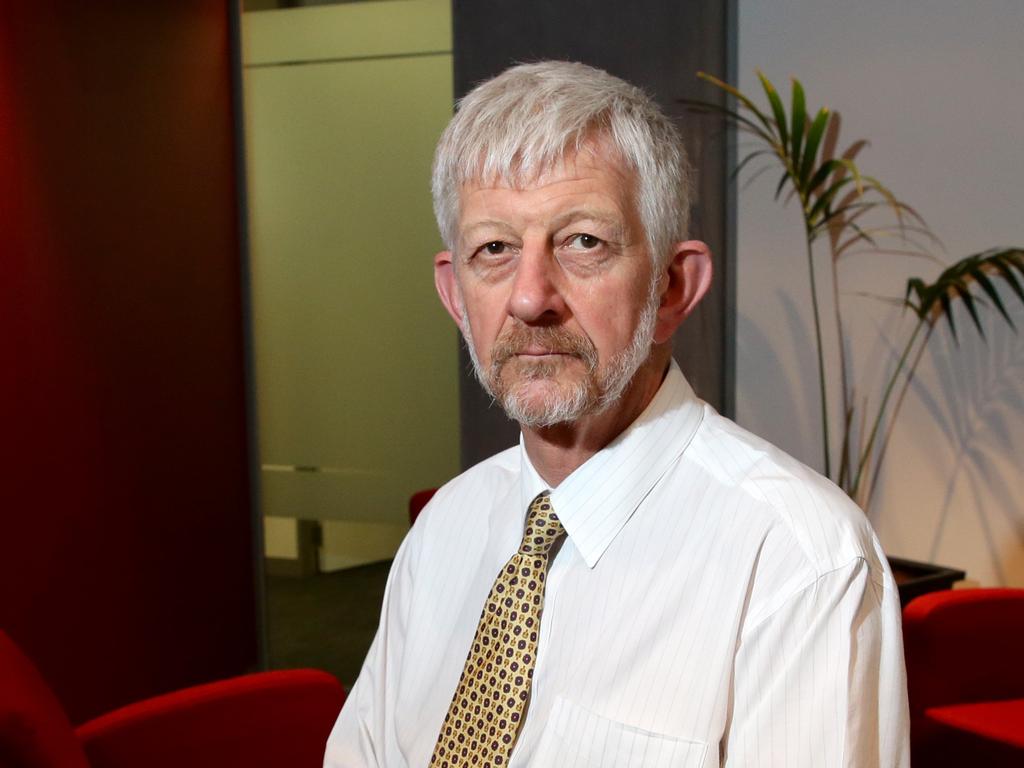Misinformation bill power grab a greater threat than lies

That’s why Labor’s Misinformation and Disinformation Bill is one of the most hypocritical and intellectually warped legislative instruments to ever come from Canberra. The bill gives a government body – The Australian Communications and Media Authority – the power to compel digital platforms to remove “misinformation” or “disinformation”. These are representations that are false, misleading or deceptive and which are reasonably likely to cause or contribute to serious harm. Harm, in this context, is so wide it could include almost every type of unwanted outcome, including “harm to the integrity of democratic processes”; “harm to the health of Australians”; “harm to the Australian environment”, and; damage to the “Australian economy”.
The central premise behind the bill is fundamentally flawed. There is no new evil in the form of “misinformation” or “disinformation” from which society needs protection. Since the beginning of recorded history, expression has come in only three forms: facts, falsehoods and opinions. To label falsehoods as misinformation or disinformation does not change their character. Individuals, institutions and sometimes even nations have been perpetrating falsehoods (often deliberately) for thousands of years. Thankfully, society has developed a cure to that: contrary evidence.
The fact that a falsehood can now be promulgated more widely and quickly through the internet changes nothing. The same medium – the internet – can be deployed just as quickly and efficiently to debunk the falsity through contrary evidence. There is nothing new in this process. The only thing that is new is the strength of the desire of power-hungry organisations to control what individuals can say and their determination to increase their power and influence.
The importance of free speech and its limits have been relatively settled in Western democracies for over two hundreds. Free speech and its instrumental force in helping society sort out truth from lies has been the single most important vehicle underpinning civility and modernity. That’s why every nation on Earth that grants free speech to its citizens is flourishing.
That is precisely the reason why the bill exempts government statements from being categorised as misinformation.
Nearly 200 years ago by British philosopher JS Mill stated that “the peculiar evil of silencing the expression of an opinion is that it is robbing the human race … If the opinion is right, they are deprived of the opportunity of exchanging error for truth: if wrong, they lose, the clearer perception and livelier impression of truth, produced by its collision with error.” This principle is a cornerstone of democracy.
Like all rights, free speech is not absolute. People can say whatever they want so long as they don’t agitate for violence or defame others. If people breach these laws, the government can silence them by putting then in prison or fining them so heavily so as to bankrupt them. That’s ample discouragement from pervading falsehoods.
Of course, no system or principle is beyond challenge or improvement. However, if the government wants to erode free speech it must do so on the basis of a firm evidential foundation. This would need to start with evidence regarding damage that falsehoods which are not already prohibited by the criminal law or defamation have caused to individuals or society at large. The government refuses to engage in this process because it knows there is no evidence of harm caused by such false statements.

The bill purports to provide a solution to a non-existent real world problem. There has never, ever, in the entire history of Australia, been a representation which has caused serious harm to democracy, the environment or the economy. Given that there is no demonstrable problem that the bill aims to solve, the bill is itself an exercise in disinformation.
There’s also an irreducible logical failing with the bill: words have no physical force. They have no tangible import. Words can influence people’s actions and these can cause harm, but there is never a direct connection between words and harm. The truth about words is the listener always has a choice on how to react to the words.
The development of the criminal law has taught us that people need to take responsibility for their reaction to words. Choices include ignoring the words, disbelieving them, rejecting them, accepting them or cowering to them. But this does not undermine the reality of the choice. It is for that reason most Australian jurisdictions have abolished provocation in response to unwanted words as a partial defence to murder. It is a relic of a primitive-thinking past to condone killing in “hot blood” because people are incapable of controlling their emotional responses to words.
Lies spread over the internet do not threaten society; society can only be threatened if the pillars of society cease negating lies with evidence and institutions dismantle bulwarks of democracy, which is precisely what the Misinformation and Disinformation Bill does. The biggest harm to Australian democracy identified or associated with the bill is the bill itself.
Mirko Bagaric is a professor at Swinburne Law School.







The difference between truth and falsehood is often unclear, but anyone who states society will be much improved by further prohibiting the expression of ideas is themselves promulgating egregious disinformation.